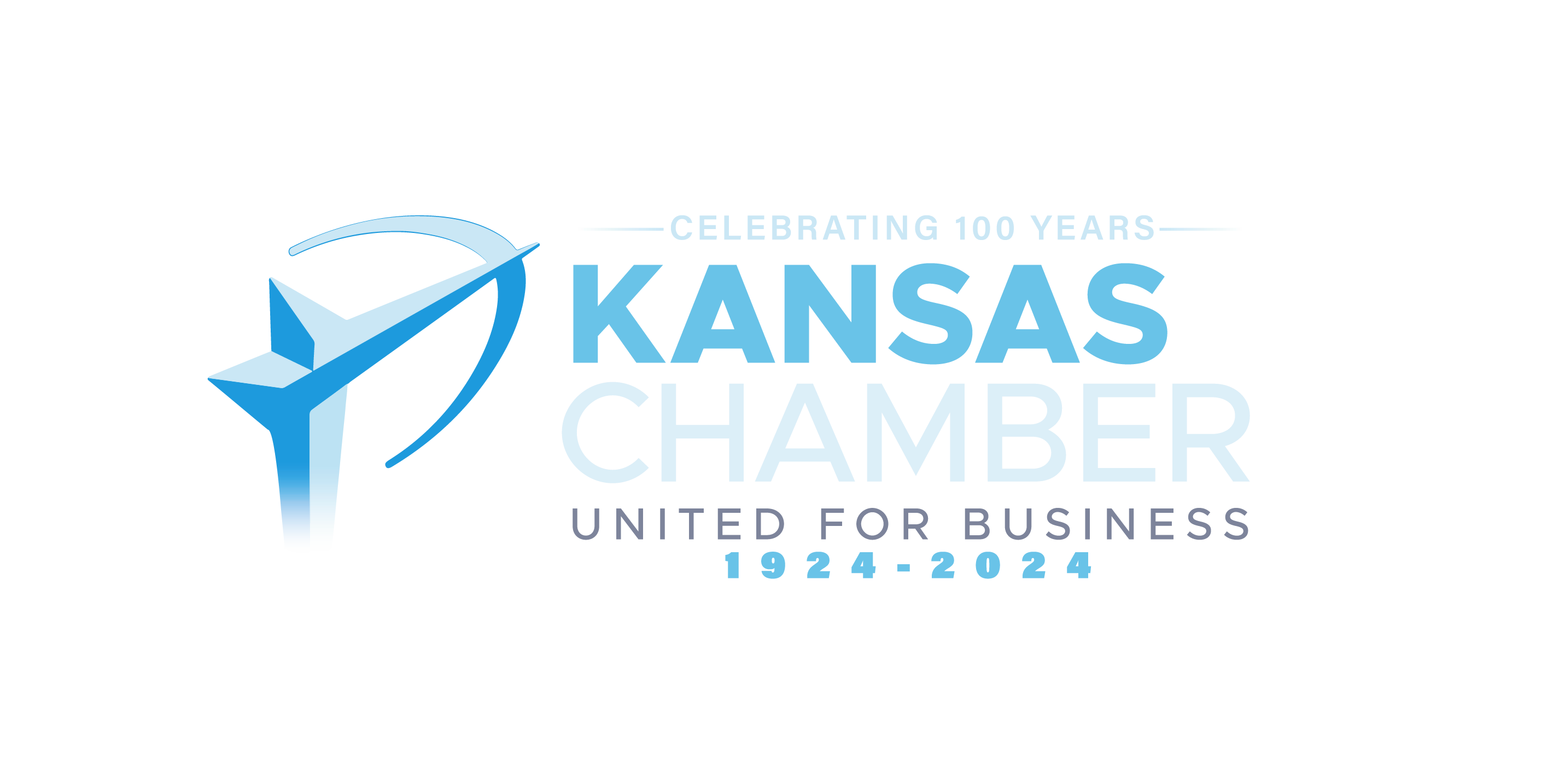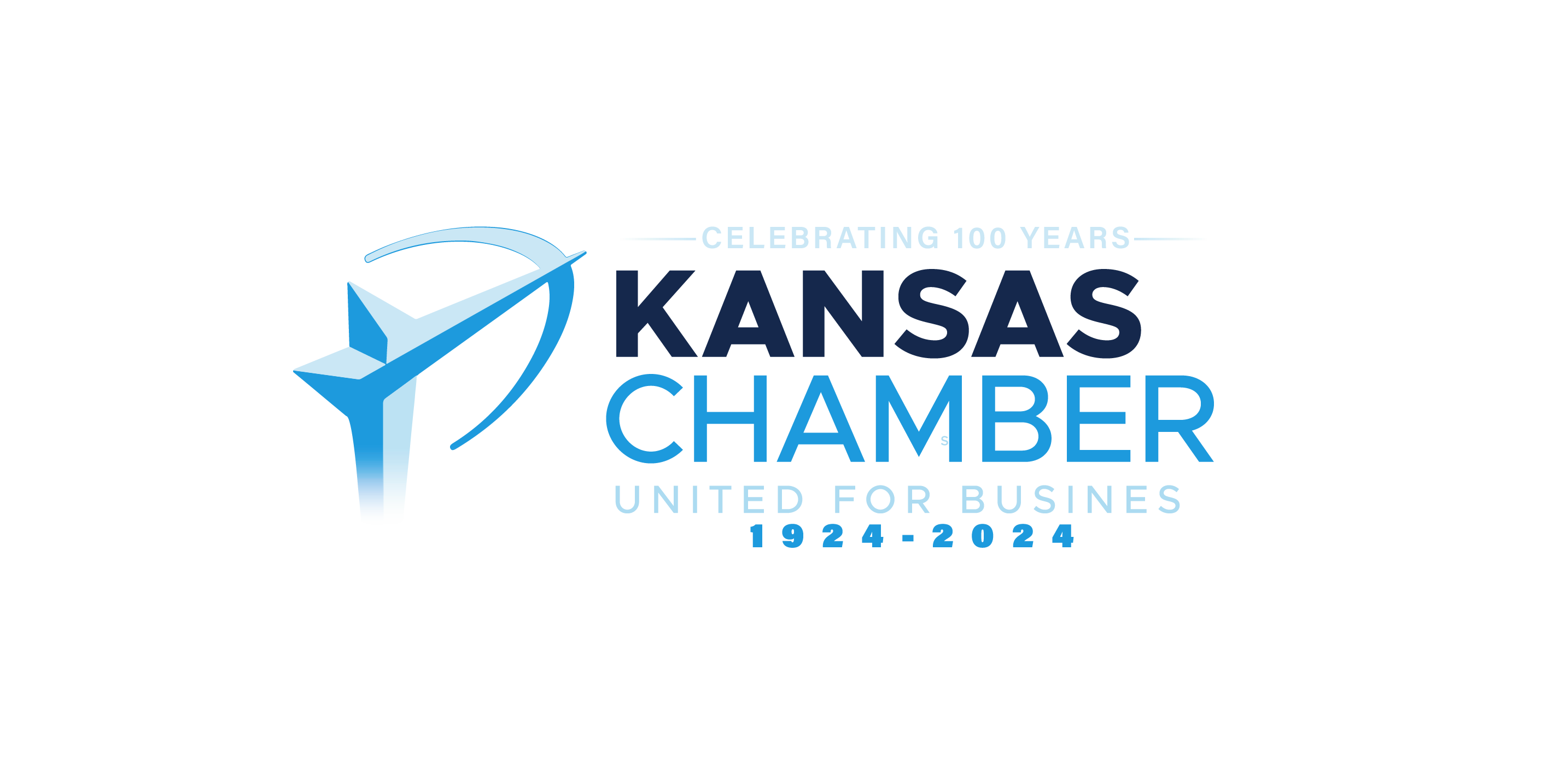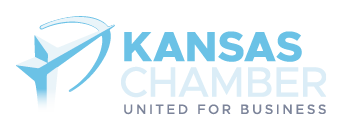23 Jan Kansas Chamber Introduces Single-Rate Bills
Posted at 22:57h
in News
The Kansas Chamber on Monday announced it has introduced legislation that would take steps to modernize the state’s tax code and lower the tax burden for all Kansas taxpayers.
“The state’s record-breaking tax revenue collected the last few years gives lawmakers the opportunity to build on recent updates and strategically modernize the state’s tax code,” said Chamber President and CEO Alan Cobb. “As demonstrated by the success of numerous other states, the Chamber believes a single-rate tax that exempt the first $15,000 of income will move Kansas from the bottom half of region and make the state more competitive and attractive to investment and workforce.”
Kansas currently has a three-tiered rate system of 3%, 5.25%, and 5.7% on personal income. Businesses pay 4% on the first $50,000 and another 3% surcharge on the rest, effectively 7%, in corporate income taxes.
Introduced last Thursday in the Kansas Legislature, Cobb said Senate Bill 61 and House Bill 2061 would lower personal and corporate income taxes to 5% and exempt the first $15,000 for all taxpayers to avoid a tax increase on lower income Kansans and businesses.
“Similar to a flat tax, a single-rate tax rate will simplify our state’s tax code and will make it easier for taxpayers and state leaders to know what is expected. But it doesn’t eliminate existing deductions,” said Cobb.
The Chamber also included in the bills language based on North Carolina’s growth trigger that states any revenues more than what is estimated to be received by the Kansas Consensus Revenue Estimating Group would be split to further buy down income taxes on both personal and corporate income.
Cobb said, “Having a trigger in place that lowers the tax burden in a responsible way will keep Kansas competitive as other states lower their tax rates and ensure excess revenue isn’t used to unnecessarily increase government spending.”
Using a portion of the recent significant budget surplus for overall rate reductions is part of the Chamber’s 2023 Legislative and Policy Agenda.


